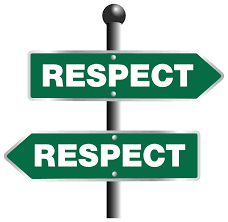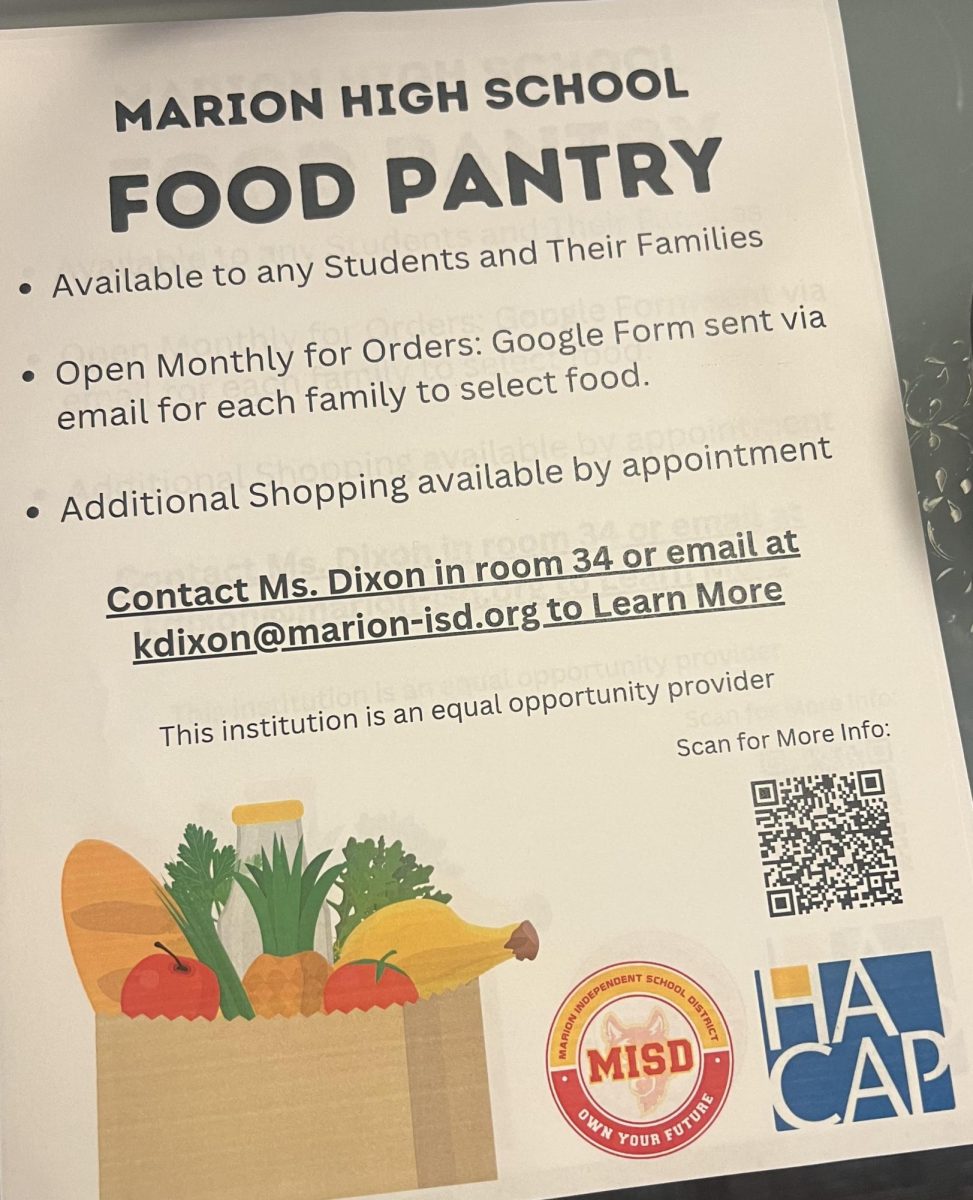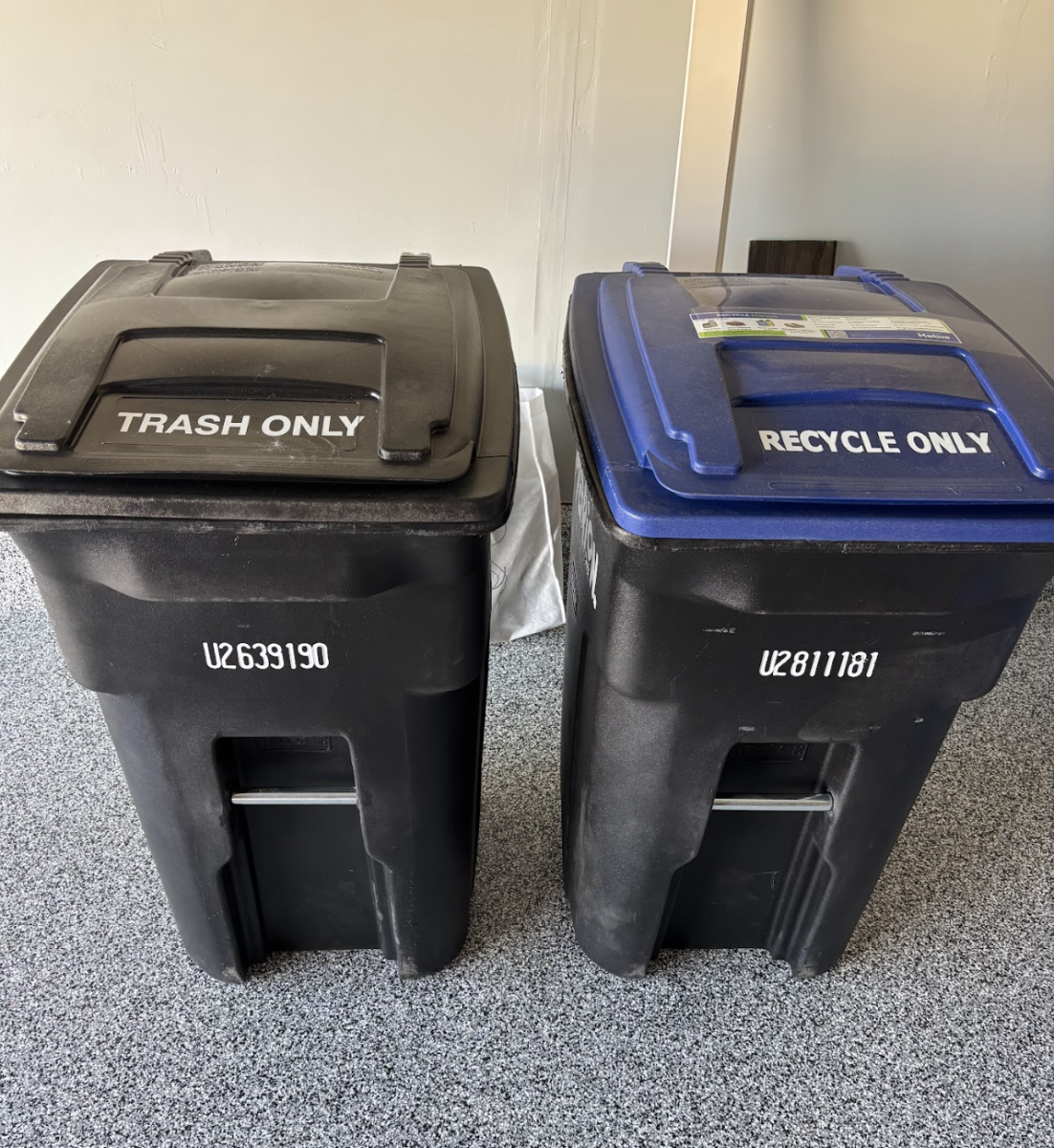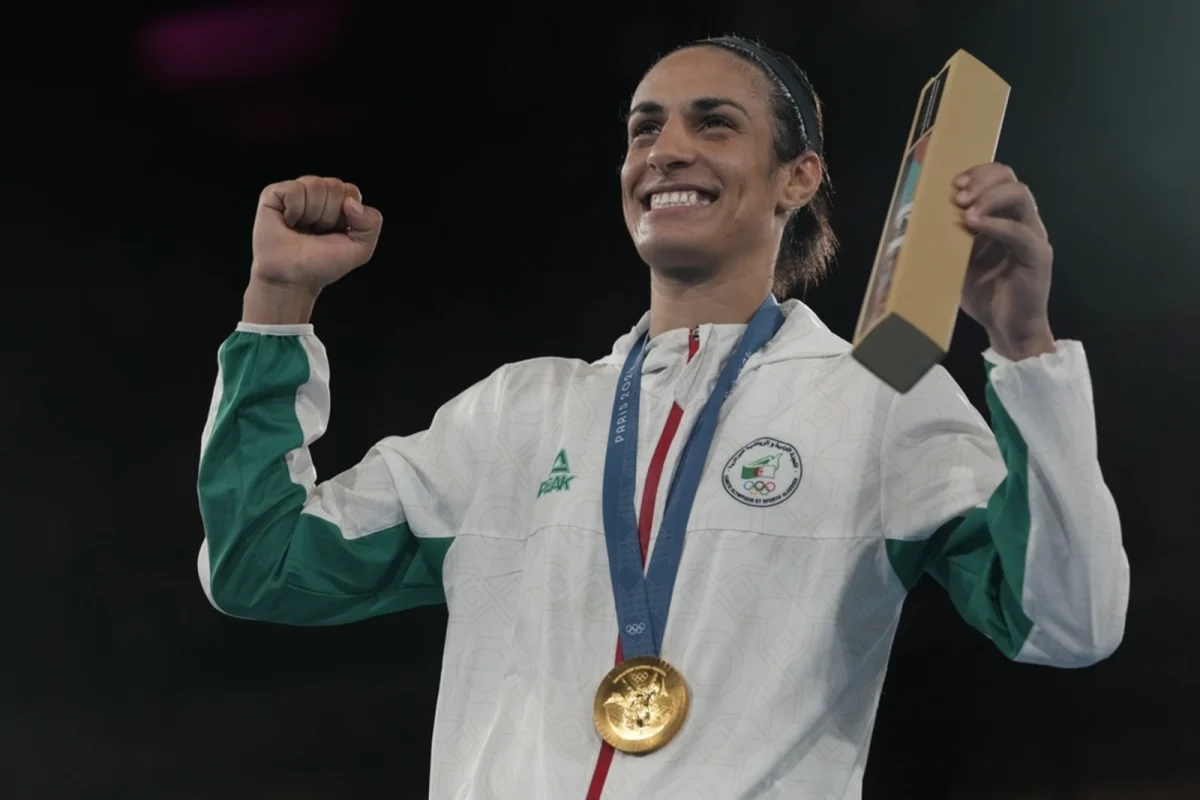One of the most common phrases children often hear is “Respect your elders.” If it’s not this exact statement, it’s often something similar, with the same meaning implied. This is part of a child’s development as they learn manners and how to interact socially with the world around them. However, these children are often taught within this phrase that they are to respect their elders no matter what, even if the adult is not reciprocating that same level of respect. I’m not saying this doesn’t apply in some cases, but the majority of the time, I feel this phrase is completely unjustified. Why would I as the younger person in the situation give respect to someone who can’t match the same simple level of respect?
Oftentimes, people apply this to their life at school, implying that they have a right to disrespect teachers until that teacher shows a level of respect towards them, however, this is not what I’m trying to inspire. Instead, I believe that it’s crucial to give my attention and discipline to a teacher from the beginning, but if they can’t match that energy or respect, why would I continue to put my effort towards them? From the teacher’s perspective, this may seem rude because of the unrecognizable amount of work they do, however, I want those same teachers to think about how they are treating their students. Not just their favorites, but the students they dislike the most. How are teachers speaking, acting, or helping those students?
Every student probably has that one teacher that they simply don’t get along with. The underlying cause that a student may not see in the moment is the level of respect reciprocated by their teacher. From personal experience, I typically navigate these situations with as little interaction as possible, meaning I talk as little as possible, and I never come in outside of class hours. This is simply to avoid conflict and get through the quarter as easily as possible. This doesn’t mean I’m disrespectful towards the teacher, but it also means I don’t respect the teacher enough to hold a conversation or ask for help if I need it. Students shouldn’t have to waste their extra energy on someone who can’t do the same for them.
At this point, teachers may ponder what respect looks like from the perspective of a student. It may look different in varying classrooms, but the same general rules apply. Give each student the same amount of attention, even if the teacher has favorites. Don’t make unnecessary comments or remarks about a student that are condescending. Lastly, make sure to ask the students about a situation whether it involves plagiarism, cheating, or other infractions, before simply accusing them of something they might not have even done. Even if they did break the rules, getting on a level of understanding with them can help maintain that relationship of respect while also guiding the student in a positive direction.
Overall, students want to see the best in their teachers and treat them as such, but they also want those same teachers to respect them as more than a paper to grade, but as a person as well. Respect isn’t a hard thing to give and recognize, but it’s important to change the conversation to focus on the idea of respect being a two-way street. It’s crucial to relationships with peers, adults, or any other person one encounters. But just because one person has a level of authority over another, does not give them the right to lose that level of respect towards the other person.















